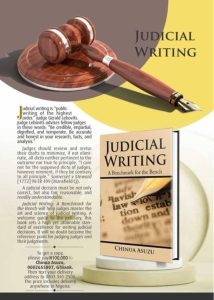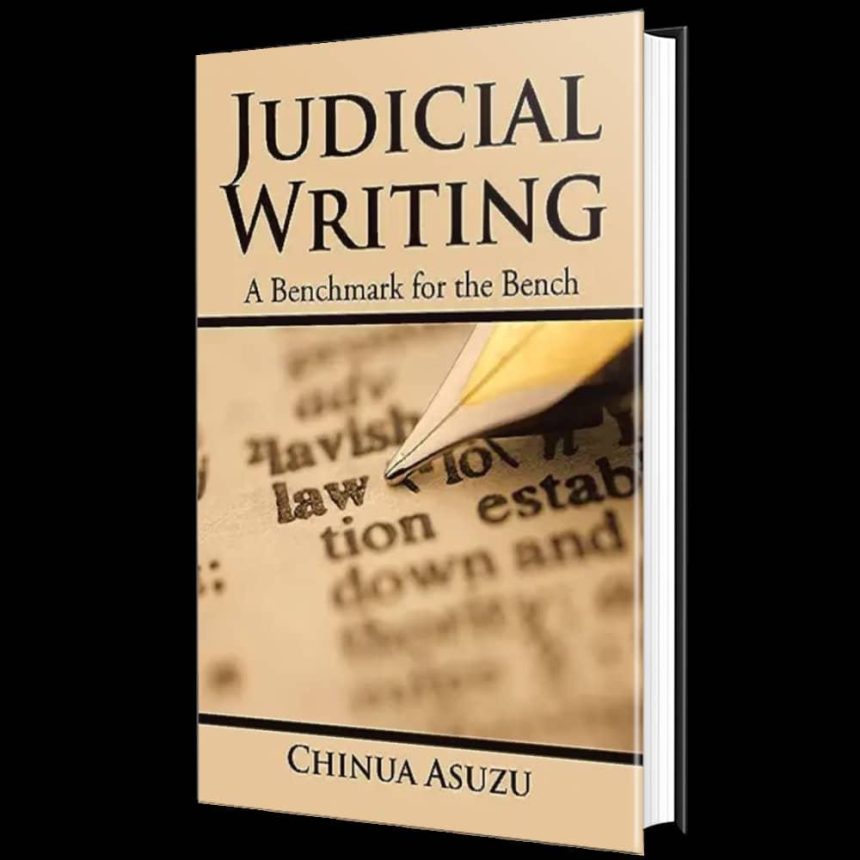By Chinua Asuzu
A syllogism comprises a major premise, a minor premise, and a conclusion. The major premise states a general rule. In law, this is usually a statement of law. The minor premise asserts specific facts about a person or some persons or a thing or some things.
In law, this is a statement of fact. The conclusion connects the minor premise to the major premise and says how the general rule applies to the particular facts. In law, this process is known as applying the law to the facts.
Applying the law to the facts is what judges do. Structured syllogistically, the deep-issue format is poised to guide judges in applying law to facts. Here’s how it works: “Nigerian citizens by birth include a person born outside Nigeria if the person’s father or mother is a Nigerian citizen.

Section 25(1)(c) of the Constitution. Biegbana was born in Vienna, Austria. Her father is Austrian, her mother Nigerian. Is Biegbana a Nigerian citizen by birth?”
Every deep issue contains the elements that the rest of a judicial decision will elaborate. When properly formulated, the deep issue is a roadmap to judicial writing.
Judicial writing is often stressful, physically taxing, and psychologically exhausting. But when issues are framed syllogistically, the body of the judgment simply unfolds in elaboration of the structure already embedded in the issue. Judges write faster.
Their opinions are clearer. Their sense of cognitive strain is reduced. Writing ceases to be a drudgery and becomes a sequence of structured propositions leading to defensible conclusions.
That is what judicial writing is—a sequence of reasoned propositions—and the deep-issue format is the best preparation for that task.

In short, the deep-issue format is more than a stylistic preference. It is an ergonomic improvement to judicial life. It clarifies thought, reduces stress, shortens work hours, and preserves cognitive energy. It enables judges to do their work with less strain and more clarity.
The deep-issue format will improve judges’ health and elongate their lifespans. I promise.
Read More: In briefs, fight tough, not rough. By Chinua Asuzu











